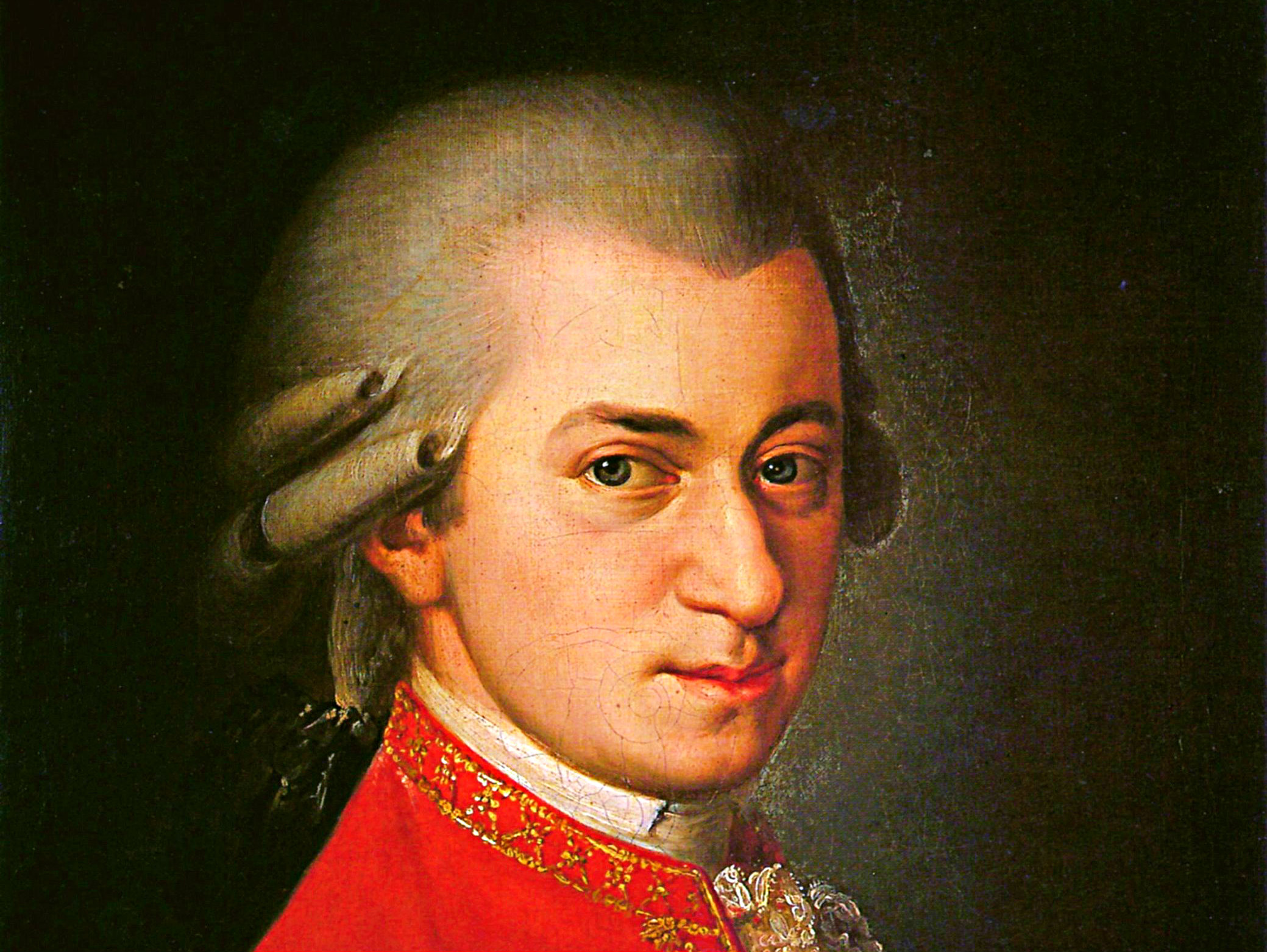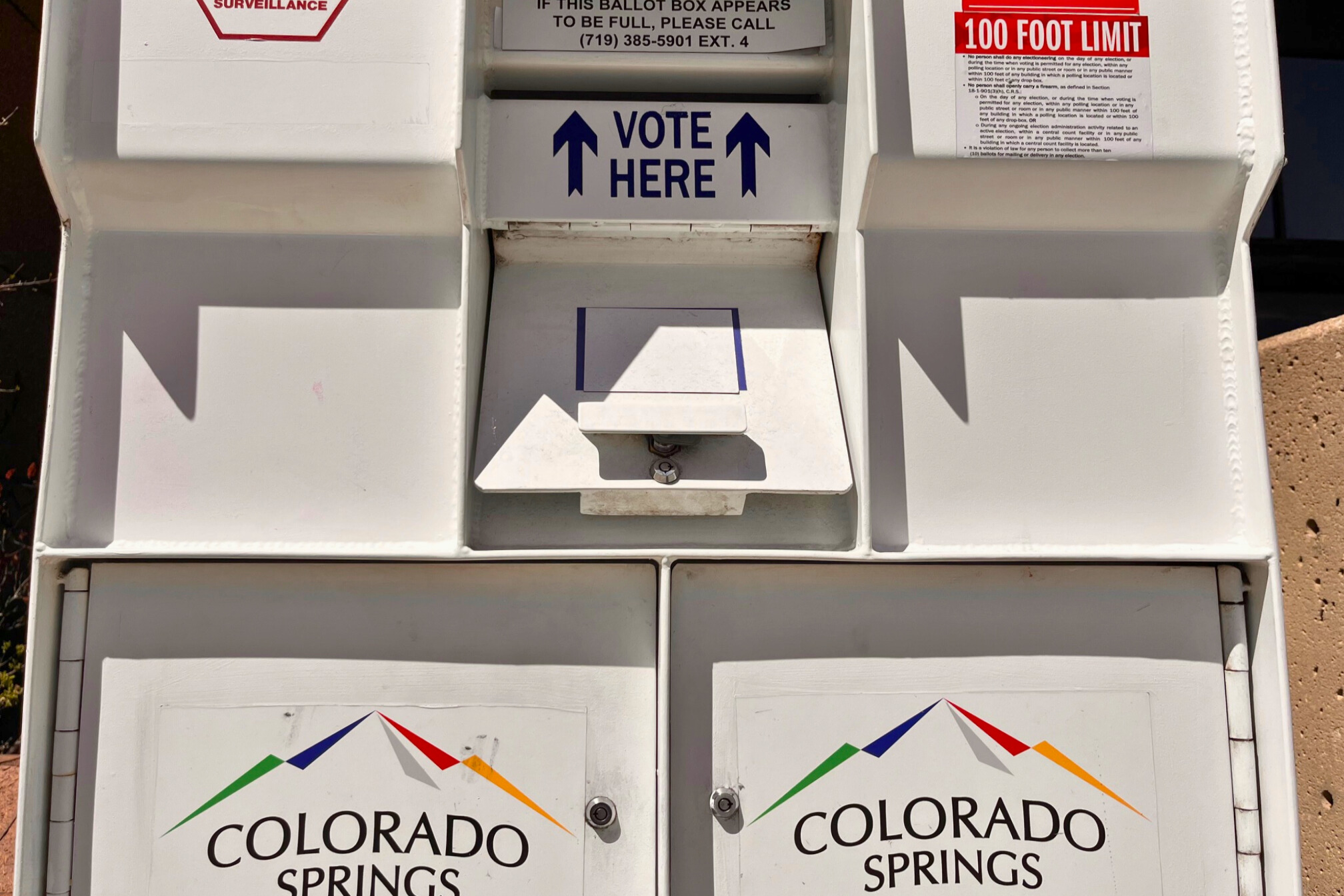
Mozart's popularity as a piano soloist begins to wane, so he adapts. The composer happily turns his focus to his first, true love: opera. Mozart writes “The Marriage of Figaro” and “Don Giovanni.” He also writes his three great, final symphonies in one summer.
The majority of Mozart's greatest, most memorable works come from this time. But the music generated little enthusiasm in Vienna. "The Marriage of Figaro" ran for only nine performances in Vienna, and the audiences never warmed to "Don Giovanni." And, believe it or not, Mozart never heard his final three symphonies performed. But the composer never strayed from his desire to write music for the people, with works like the clearly anti-establishment opera "The Marriage of Figaro."
This is the fourth of five episodes on Mozart, kicking off our new podcast The Great Composers. The series, hosted by Karla Walker and Scott O'Neil, offers an intimate look at some of history's greatest musical minds. Subscribe so you don't miss an episode.
Check out a timeline of key events in Mozart's life, and hear the music featured in this series in our Spotify playlist below.
Timeline: Key Moments in Mozart's Life
Learn more about pivotal points in this great composer's career:
Featured Music From 'The Great Composers: Mozart'
Check out this Spotify playlist and explore nearly eight hours of music heard in this series.
Explore other podcasts from CPR Classical: Centennial Sounds, featuring Colorado performances of music by 21st-century composers; and The Beethoven 9 @ 9, a look at Beethoven's life through his nine symphonies.








